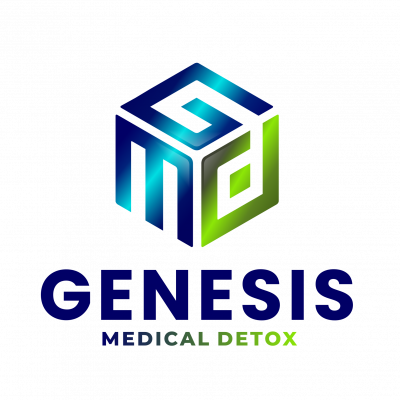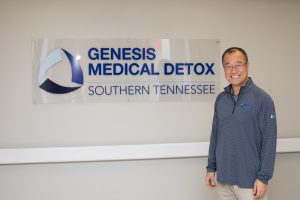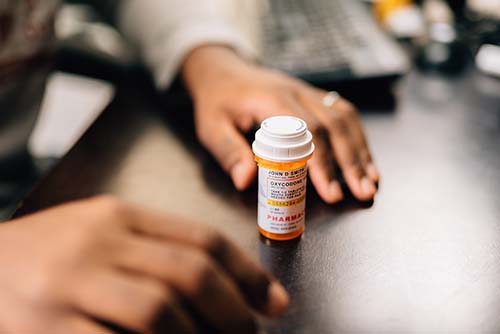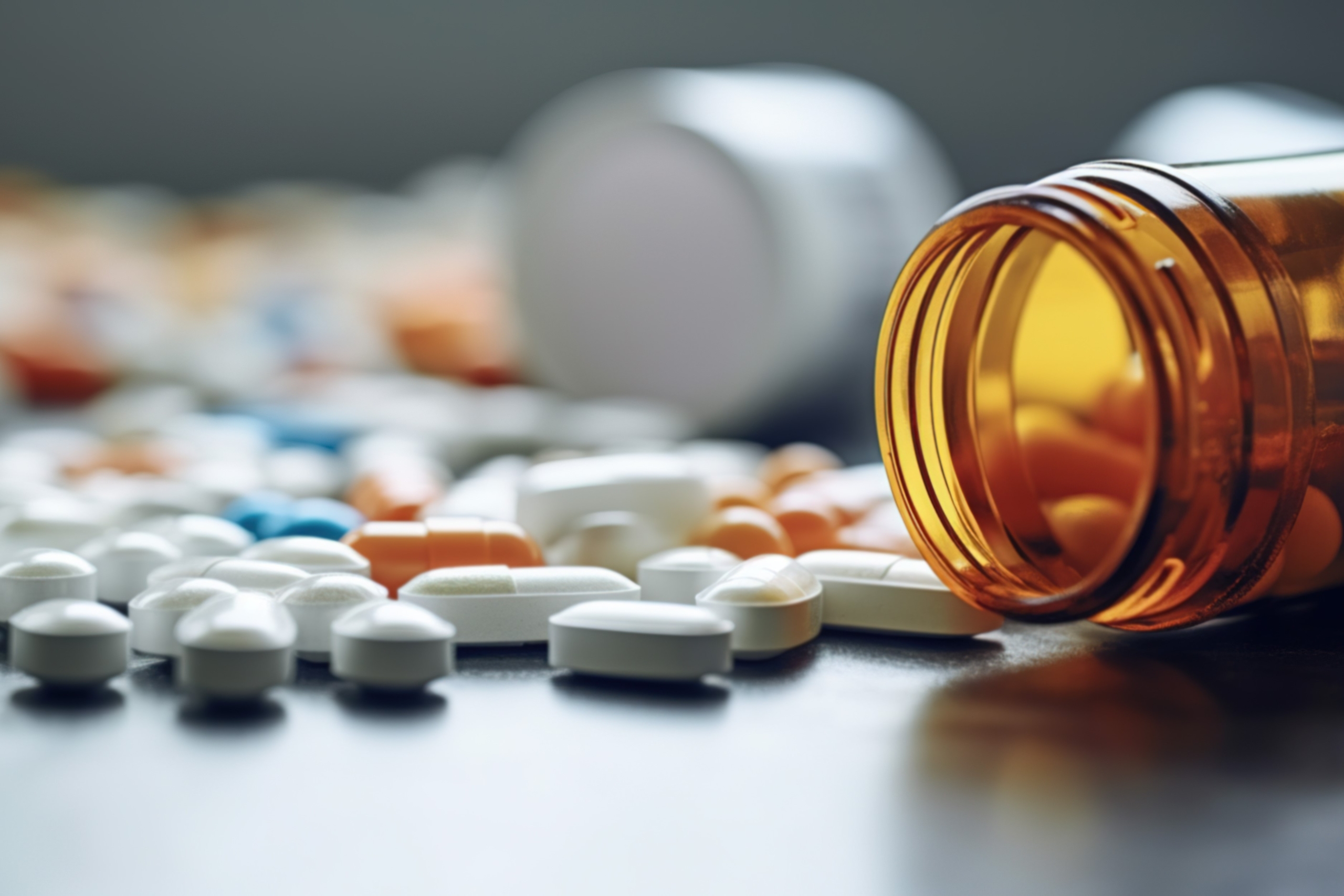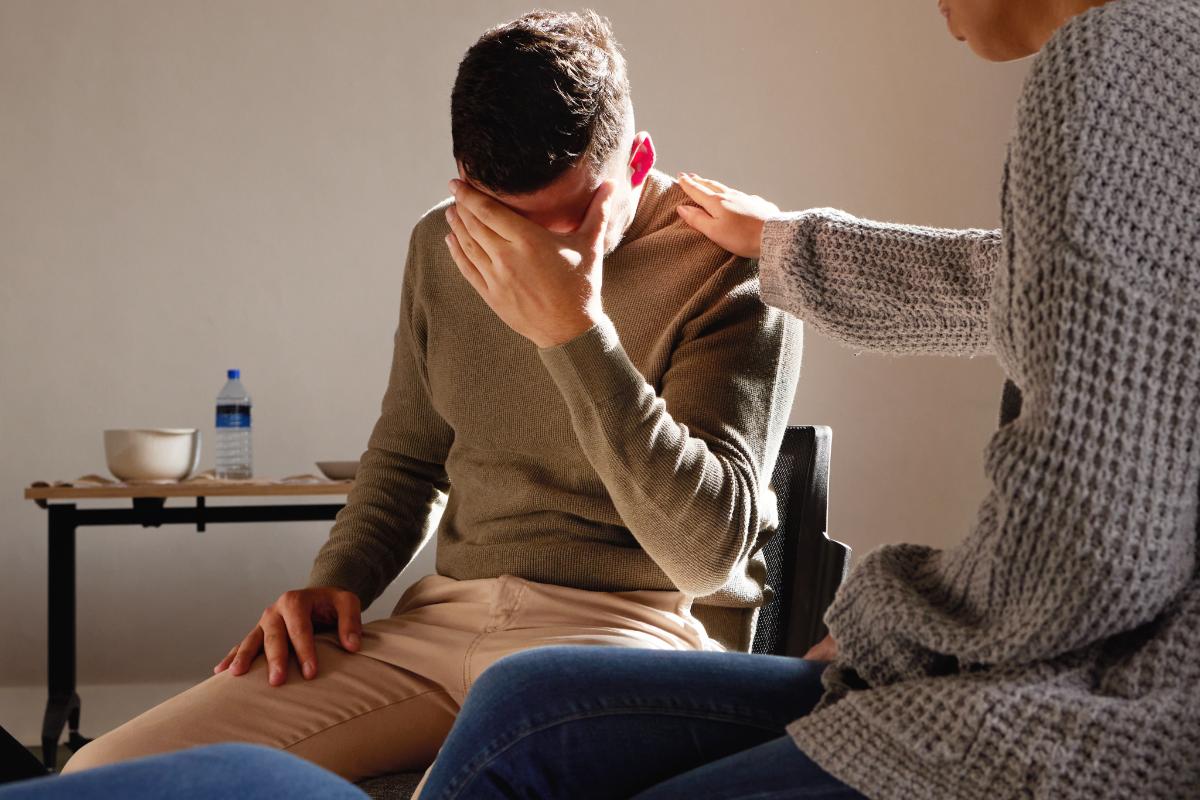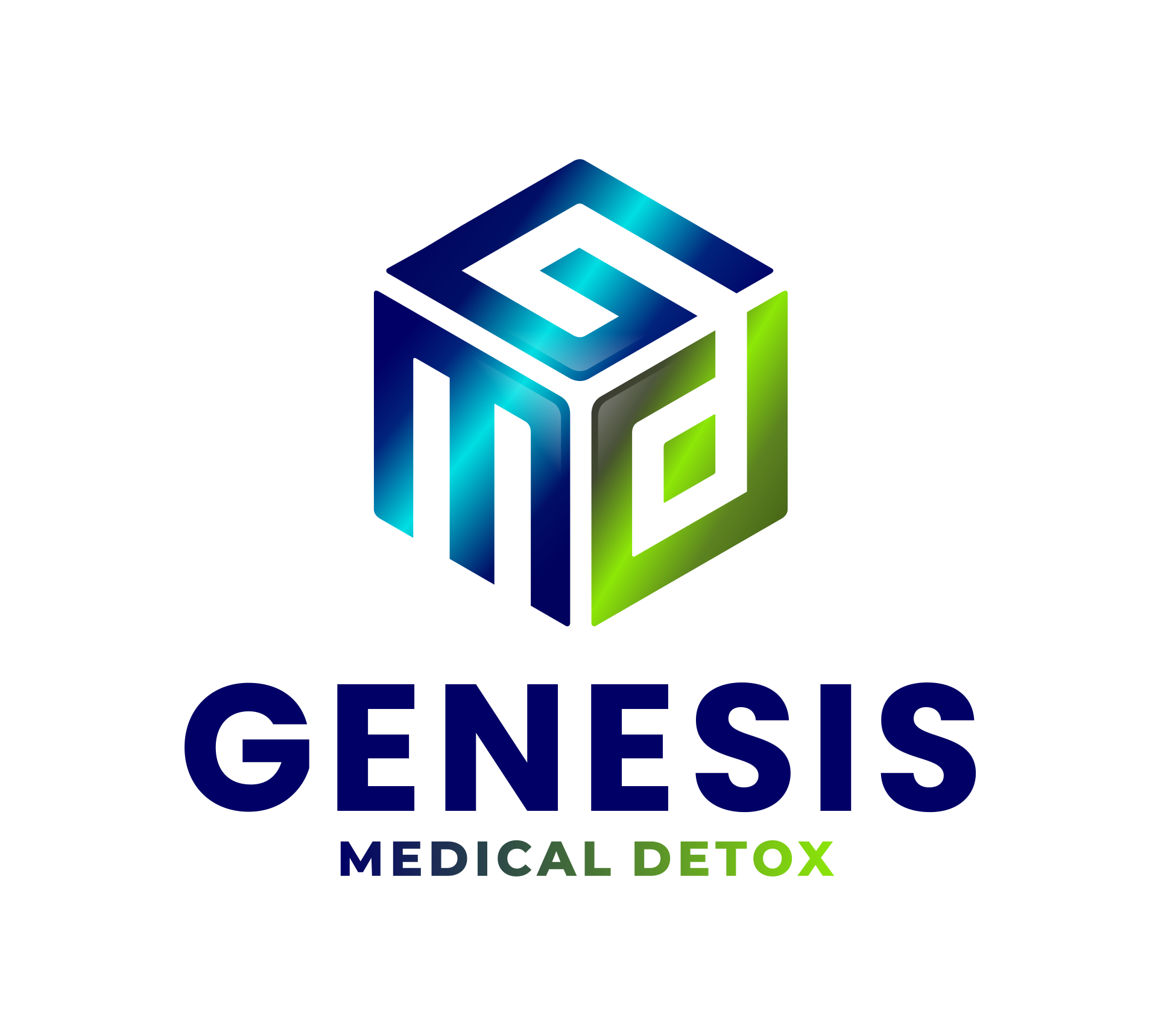
Medical detoxification, commonly known as medical detox, is a crucial and necessary process for individuals who are dependent on certain substances. While some substances can be safely quit without medical intervention, there are several substances that require medical detox due to the severity of withdrawal symptoms and potential complications. This post will highlight some of the substances that necessitate medical detox and explain the importance of seeking professional help during this critical stage of recovery.
Medical Detox of Alcohol
Alcohol requires medical detoxification due to the potentially life-threatening withdrawal symptoms and complications that can arise during the detox process. Alcohol withdrawal can range from mild symptoms, such as tremors and anxiety, to severe symptoms like seizures, hallucinations, and delirium tremens (DTs). The severity of alcohol withdrawal is largely attributed to the way alcohol affects the central nervous system. Chronic alcohol use disrupts the normal functioning of the brain, leading to physical dependence. When individuals suddenly stop or significantly reduce their alcohol intake, their body goes into a state of shock as it tries to readjust to functioning without alcohol. This can trigger a cascade of withdrawal symptoms that can be dangerous and even fatal if not managed appropriately.
Reasons Why Alcohol Requires Medical Detox
- Delirium Tremens (DTs): DTs is a severe form of alcohol withdrawal that can occur in individuals with a history of heavy alcohol use. It is characterized by confusion, rapid heart rate, fever, and severe agitation. DTs can also lead to cardiovascular issues and seizures, making it a potentially life-threatening condition that requires immediate medical attention and intervention.
- Seizures: Alcohol withdrawal seizures can occur within 6 to 48 hours after the last drink and pose a significant risk to individuals. These seizures can be unpredictable and may recur over several days. Medical detox provides a controlled environment where individuals can be monitored closely, and appropriate medications can be administered to prevent and manage seizures.
- Dehydration and Electrolyte Imbalance: Heavy alcohol use can lead to dehydration and imbalances in electrolytes like potassium and magnesium. These imbalances can result in cardiac arrhythmias, muscle weakness, and even coma. Medical detox ensures individuals receive proper hydration and electrolyte replacement to prevent these complications.
Overall, alcohol requires medical detox due to the potential severity of withdrawal symptoms and the risk of life-threatening complications. Seeking professional help during this process ensures individuals receive the necessary medical care, supervision, and support to safely navigate alcohol withdrawal and begin their journey towards recovery.
Medical Detox of Benzodiazepines
Benzodiazepines, commonly prescribed medications for anxiety and sleep disorders, require medical detoxification due to the potential severity of withdrawal symptoms and the risk of complications. Abrupt discontinuation or tapering off benzodiazepines without medical supervision can lead to a range of withdrawal symptoms that can be physically and psychologically distressing.
Reasons Why Benzodiazepines Require Medical Detox
- Severity of Withdrawal Symptoms: Benzodiazepine withdrawal symptoms can vary in intensity and duration, depending on factors such as the specific medication, dosage, duration of use, and individual factors. Symptoms may include anxiety, irritability, insomnia, muscle aches, tremors, nausea, and even seizures. The severity of these symptoms can be difficult to manage without medical intervention.
- Seizure Risk: Abrupt cessation of benzodiazepines, especially those with a shorter half-life like Xanax or Ativan, can increase the risk of seizures. Seizures can be dangerous and potentially life-threatening. Medical detox provides a controlled environment where individuals can be closely monitored, and appropriate medications can be administered to prevent and manage seizures.
- Psychological Distress: Benzodiazepine withdrawal can also lead to severe psychological symptoms, including anxiety, panic attacks, depression, and even psychosis. These symptoms can be distressing and may require professional support and intervention. Medical detox provides access to mental health professionals who can provide appropriate therapies and medications to manage these psychological symptoms.
- Tapering Approach: Medical detox for benzodiazepines often involves a gradual tapering approach, where the dosage is gradually reduced over a period of time. This helps minimize the severity of withdrawal symptoms and allows the body to adjust to lower levels of the medication. Medical professionals can create personalized tapering plans based on each individual’s specific needs and circumstances.
Benzodiazepines require medical detox due to the potential severity of withdrawal symptoms, including the risk of seizures and psychological distress. Seeking professional help during this process is crucial to ensure individuals receive the necessary medical supervision, tapering plans, support, and medication management to safely navigate benzodiazepine withdrawal and work towards recovery.
Medical Detox of Opioids
Opioids require medical detoxification due to the severity of withdrawal symptoms and the potential complications that can arise during the detox process. Opioid withdrawal can be highly uncomfortable and, in some cases, pose significant risks to an individual’s physical and mental well-being. Medical detox provides the necessary support, monitoring, and intervention to ensure a safe and effective withdrawal from opioids.
Reasons Why Opioids Require Medical Detox
- Intense Withdrawal Symptoms: Opioid withdrawal symptoms can be intense and debilitating, often described as flu-like symptoms. These symptoms may include muscle aches, nausea, vomiting, diarrhea, sweating, insomnia, anxiety, and irritability. The severity of these symptoms can make it challenging for individuals to quit opioids without professional assistance.
- Potential for Complications: Opioid withdrawal can lead to complications such as dehydration, electrolyte imbalances, and cardiovascular issues. Severe vomiting and diarrhea can result in fluid and electrolyte disturbances, which may require medical intervention. Medical detox provides a controlled environment where individuals can receive appropriate medical monitoring and interventions to prevent and manage potential complications.
- Cravings and Psychological Distress: Opioid withdrawal can trigger intense cravings for the drug, which can be overwhelming and difficult to manage without support. Additionally, the withdrawal process can also lead to psychological distress, including anxiety, depression, and insomnia. Medical detox offers access to mental health professionals who can provide appropriate therapies and medications to manage these cravings and psychological symptoms.
- Medication-Assisted Treatment: Medical detox for opioids often involves the use of medication-assisted treatment (MAT) to ease withdrawal symptoms and reduce cravings. Medications such as methadone, buprenorphine, or naltrexone may be prescribed during the detox process to help individuals gradually taper off opioids and manage withdrawal symptoms. Medical professionals can determine the appropriate medication and dosage based on each individual’s specific needs.
Opioids require medical detox due to the intensity of withdrawal symptoms, the potential for complications, the presence of cravings and psychological distress, and the need for medication-assisted treatment. Seeking professional help during this process is essential to ensure individuals receive the necessary medical supervision, support, and intervention to safely navigate opioid withdrawal and work towards recovery.
In Conclusion
In conclusion, there are several substances that necessitate medical detox due to the severity of withdrawal symptoms and potential complications. Alcohol, benzodiazepines and opioids are examples of substances where medical supervision and intervention are crucial. Seeking professional help during the detoxification process is essential to ensure individuals’ safety, manage withdrawal symptoms, and increase the likelihood of successful recovery. Medical detox provides a supportive and structured environment where individuals can receive the necessary care, medications, and support to navigate this challenging stage and move towards a healthier and substance-free life.
If you or someone you know is looking for help reach out today to Genesis Medical Detox or Magnolia Ranch Recovery
